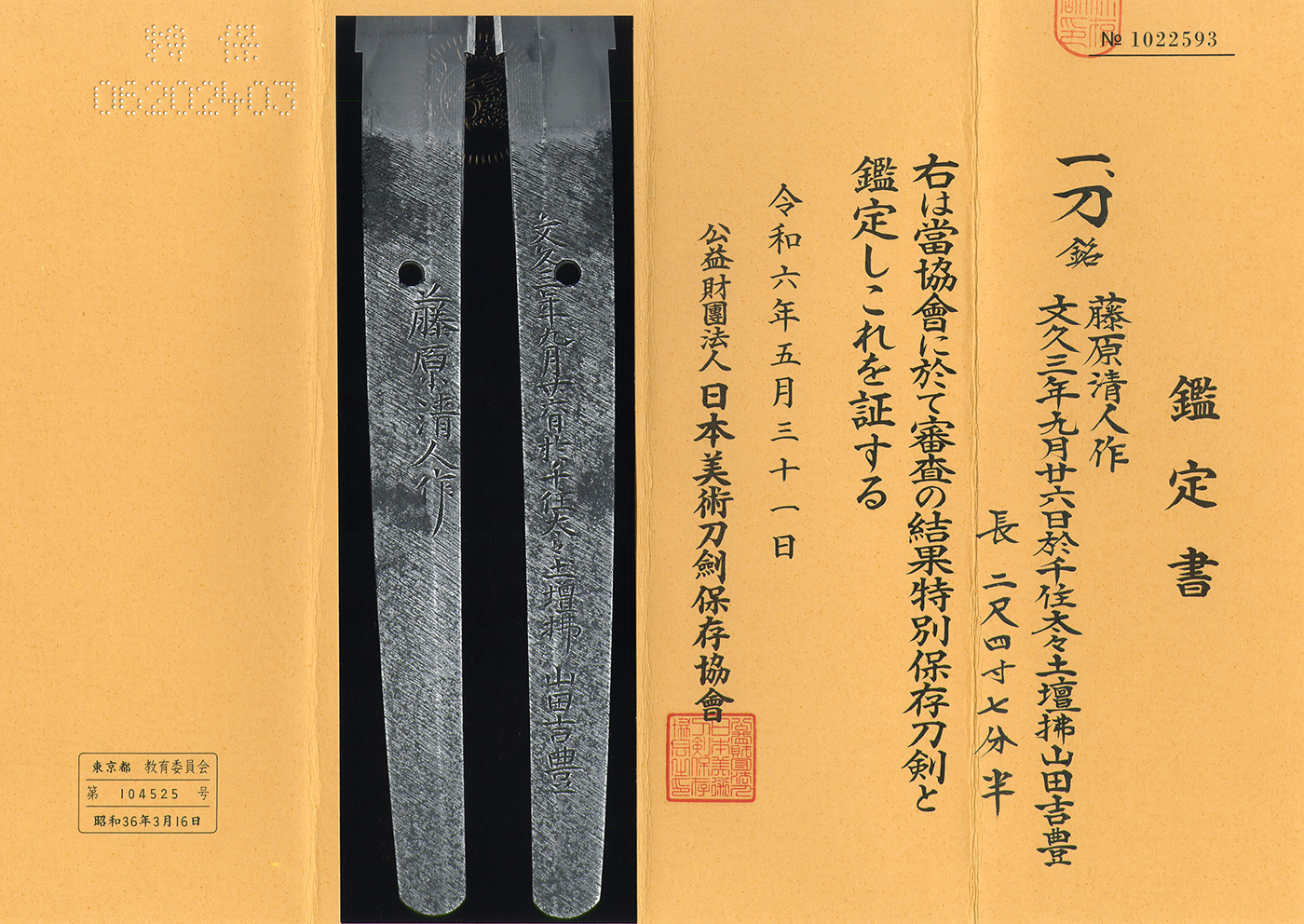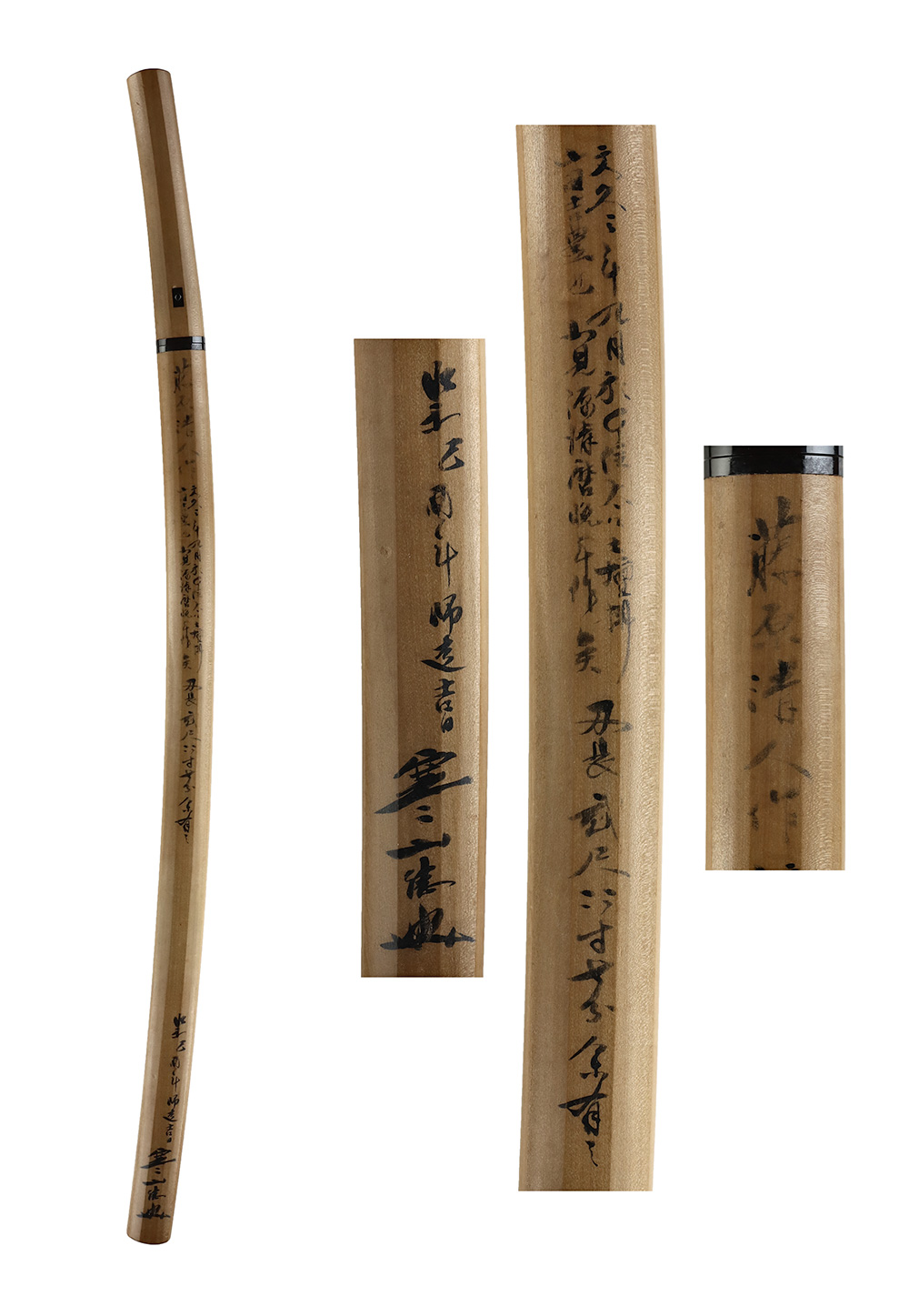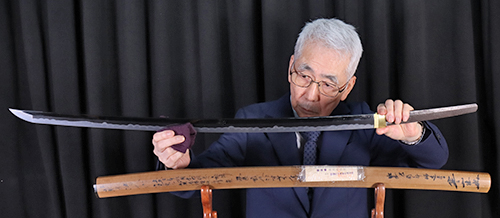Bid History
Auction has expired
Highest bidder was : jinxizhuhai
|
jinxizhuhai
2025/09/06 (Sat) 10:22 |
¥3,011,000 |
|
KATANA_no_DO_RE_MI_
2025/09/06 (Sat) 10:22 |
※ ¥3,010,000 |
|
KATANA_no_DO_RE_MI_
2025/09/06 (Sat) 10:19 |
※ ¥3,001,000 |
|
jinxizhuhai
2025/09/06 (Sat) 10:19 |
¥3,000,000 |
|
KATANA_no_DO_RE_MI_
2025/09/06 (Sat) 10:14 |
¥2,991,000 |
|
mausera77
2025/09/06 (Sat) 10:14 |
※ ¥2,990,000 |
|
mausera77
2025/09/06 (Sat) 10:05 |
※ ¥2,901,000 |
|
jinxizhuhai
2025/09/06 (Sat) 10:05 |
¥2,900,000 |
|
mausera77
2025/09/06 (Sat) 10:04 |
※ ¥2,801,000 |
|
jinxizhuhai
2025/09/06 (Sat) 10:04 |
¥2,800,000 |
|
mausera77
2025/09/06 (Sat) 10:04 |
※ ¥2,751,000 |
|
jinxizhuhai
2025/09/06 (Sat) 10:04 |
¥2,750,000 |
|
mausera77
2025/09/06 (Sat) 10:03 |
※ ¥2,703,000 |
|
jinxizhuhai
2025/09/06 (Sat) 10:03 |
¥2,702,000 |
|
mausera77
2025/09/06 (Sat) 09:36 |
※ ¥2,701,000 |
|
nagano
2025/09/06 (Sat) 09:36 |
¥2,700,000 |
|
mausera77
2025/09/05 (Fri) 10:39 |
※ ¥2,611,000 |
|
HJK
2025/09/05 (Fri) 10:39 |
¥2,610,000 |
|
mausera77
2025/09/05 (Fri) 10:39 |
※ ¥2,601,000 |
|
HJK
2025/09/05 (Fri) 10:39 |
¥2,600,000 |
|
mausera77
2025/09/05 (Fri) 10:38 |
※ ¥2,591,000 |
|
HJK
2025/09/05 (Fri) 10:38 |
¥2,590,000 |
|
mausera77
2025/09/05 (Fri) 10:38 |
※ ¥2,581,000 |
|
HJK
2025/09/05 (Fri) 10:38 |
¥2,580,000 |
|
mausera77
2025/09/05 (Fri) 10:37 |
※ ¥2,571,000 |
|
HJK
2025/09/05 (Fri) 10:37 |
¥2,570,000 |
|
mausera77
2025/09/05 (Fri) 10:37 |
※ ¥2,561,000 |
|
HJK
2025/09/05 (Fri) 10:37 |
¥2,560,000 |
|
mausera77
2025/09/05 (Fri) 10:35 |
※ ¥2,551,000 |
|
HJK
2025/09/05 (Fri) 10:35 |
¥2,550,000 |
|
mausera77
2025/09/05 (Fri) 10:34 |
※ ¥2,541,000 |
|
HJK
2025/09/05 (Fri) 10:34 |
¥2,540,000 |
|
mausera77
2025/09/05 (Fri) 10:34 |
※ ¥2,532,000 |
|
HJK
2025/09/05 (Fri) 10:34 |
¥2,531,000 |
|
mausera77
2025/09/05 (Fri) 10:34 |
※ ¥2,522,000 |
|
HJK
2025/09/05 (Fri) 10:34 |
¥2,521,000 |
|
mausera77
2025/09/05 (Fri) 10:33 |
※ ¥2,519,000 |
|
HJK
2025/09/05 (Fri) 10:33 |
¥2,518,000 |
|
mausera77
2025/09/05 (Fri) 10:33 |
※ ¥2,515,000 |
|
HJK
2025/09/05 (Fri) 10:33 |
¥2,514,000 |
|
mausera77
2025/09/05 (Fri) 10:32 |
※ ¥2,513,000 |
|
HJK
2025/09/05 (Fri) 10:32 |
¥2,512,000 |
|
mausera77
2025/09/05 (Fri) 10:32 |
※ ¥2,511,000 |
|
HJK
2025/09/05 (Fri) 10:32 |
¥2,510,000 |
|
mausera77
2025/09/05 (Fri) 10:31 |
※ ¥2,509,000 |
|
HJK
2025/09/05 (Fri) 10:31 |
¥2,508,000 |
|
mausera77
2025/09/05 (Fri) 10:29 |
※ ¥2,507,000 |
|
HJK
2025/09/05 (Fri) 10:29 |
¥2,506,000 |
|
mausera77
2025/09/05 (Fri) 10:29 |
※ ¥2,505,000 |
|
HJK
2025/09/05 (Fri) 10:29 |
¥2,504,000 |
|
mausera77
2025/09/05 (Fri) 10:29 |
※ ¥2,503,000 |
|
HJK
2025/09/05 (Fri) 10:29 |
¥2,502,000 |
|
mausera77
2025/09/04 (Thu) 09:40 |
¥2,501,000 |
|
KATANA_no_DO_RE_MI_
2025/09/02 (Tue) 18:27 |
¥2,500,000 |
|
Auction started
2025/08/30 (Sat) 10:40 |
|
※ = Auto

 日本語
日本語





